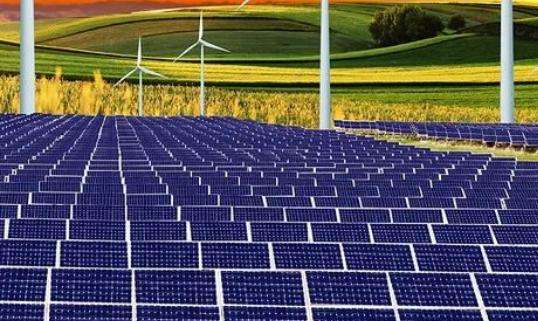The operating temperature of diesel generators has a clear allowable range. If the temperature exceeds or falls below this permitted temperature range, the diesel generator may be damaged or even cause an accident. There are many reasons for the overheating of diesel generators:
(1) The diesel generator does not operate according to the specified technical conditions, such as the stator voltage is too high and the iron loss increases the charge ; the current is too high and the copper in the stator winding increases; the frequency is too low, slowing down the speed of the cooling fan and affecting the heat dissipation of the generator; the power factor is too low, which increases the rotor excitation current and causes the rotor excitation current to increase. the rotor to heat. Check whether the monitoring instrument indication is normal. If this is abnormal, theNecessary adjustments and treatments must be carried out to operate the generator according to the specified technical conditions.
(2) The three-phase load current of the diesel generator is unbalanced, and the overloaded single-phase winding will overheat if the difference between the three-phase current exceeds 10% of the rated current, this is a serious unbalance of phase current, the unbalanced three-phase current will produce a reverse magnetic field, thereby increasing losses and causing heating of components such as magnetic pole windings and ferrules. The three-phase load must be adjusted to keep the current in each phase as balanced as possible.
(3) The air duct is clogged with dust and the ventilation is poor, making it difficult for the diesel generator to dissipate heat. Dust and grease present in the air duct must be removed so that the air duct does not becomeit is not obstructed.
(4) The inlet air temperature is too high or the inlet water temperature is too high and the chiller is blocked. The inlet air or water temperature must be lowered to eliminate blockage in the cooler. Before the fault is cleared, the generator load must be limited to reduce the generator temperature.
(5) Too much or too little grease is added to the bearing. Grease should be added according to regulations, generally 1/2 to 1/3 of the bearing chamber (the upper limit is used for low temperatures). (and the upper limit is used for high speeds). Lower limit) and should not exceed 70% of the bearing chamber.
(6) Bearing wear. If wear is not significant, the bearing may be locally overheated; if wear is significant, the stator and rotor may rub against each other, causing sulocal heating of the stator and rotor. Bearings should be checked for noise. If friction between the stator and rotor is detected, the machine should be stopped immediately for maintenance or replacement of the bearings.
It should be noted that a high temperature does not necessarily mean that the diesel generator has an abnormal heating failure. Sometimes the temperature is too high and the generator cooling temperature will also increase. , although there is no heating failure, it is still necessary to take cooling measures in time to protect the diesel generator.














